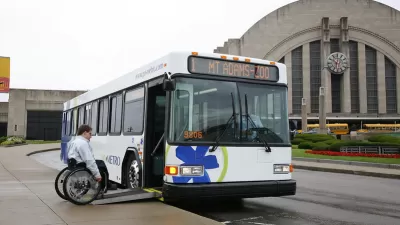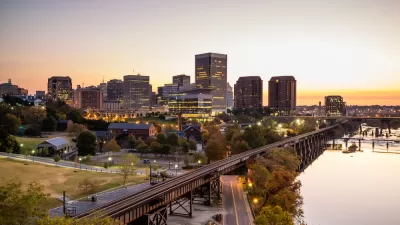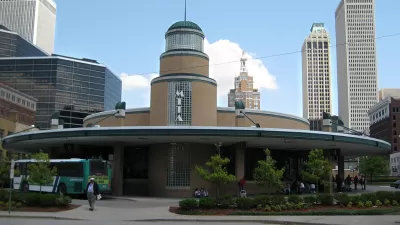A 3-2 vote determined that Whidbey Island, north of Seattle, will continue to offer rides for free.
Public comments showed concerns about falling ridership, a concern echoed in the Board's own research. "Island Transit projected an initial ridership loss of 30 to 40 percent with levels returning to current ridership in three to five years," Jessie Stensland reports for the South Whidbey Register.
Those in favor of the notion pointed to shrinking budgets forcing the agency to cut staff and service. Rising gas prices would further stretch the budget. Council Member Price Johnson argued that the funds from fares wouldn't go far to cover those shortfalls. "She pointed out that projections show that fares would generate about $200,000 a year, require $300,000 in one-time costs to implement and have over $100,000 in yearly costs. Under the best-case scenario, fares would account for only 2 percent of the annual budget after three years," Stensland writes.
FULL STORY: Island Transit board votes down bus fares

Alabama: Trump Terminates Settlements for Black Communities Harmed By Raw Sewage
Trump deemed the landmark civil rights agreement “illegal DEI and environmental justice policy.”

Planetizen Federal Action Tracker
A weekly monitor of how Trump’s orders and actions are impacting planners and planning in America.

The 120 Year Old Tiny Home Villages That Sheltered San Francisco’s Earthquake Refugees
More than a century ago, San Francisco mobilized to house thousands of residents displaced by the 1906 earthquake. Could their strategy offer a model for the present?

Ken Jennings Launches Transit Web Series
The Jeopardy champ wants you to ride public transit.

BLM To Rescind Public Lands Rule
The change will downgrade conservation, once again putting federal land at risk for mining and other extractive uses.

Indy Neighborhood Group Builds Temporary Multi-Use Path
Community members, aided in part by funding from the city, repurposed a vehicle lane to create a protected bike and pedestrian path for the summer season.
Urban Design for Planners 1: Software Tools
This six-course series explores essential urban design concepts using open source software and equips planners with the tools they need to participate fully in the urban design process.
Planning for Universal Design
Learn the tools for implementing Universal Design in planning regulations.
Clanton & Associates, Inc.
Jessamine County Fiscal Court
Institute for Housing and Urban Development Studies (IHS)
City of Grandview
Harvard GSD Executive Education
Toledo-Lucas County Plan Commissions
Salt Lake City
NYU Wagner Graduate School of Public Service





























